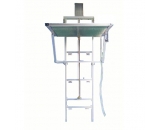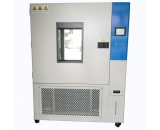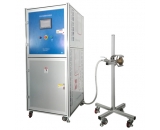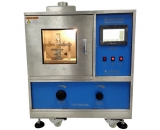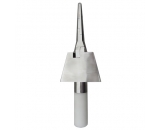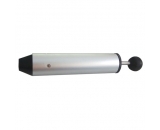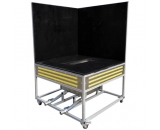Part of Guide info.:
& ?) c: L T& c7 ~8 }- H: i# d: i% \Thermal Endurance% I% @$ `+ W. a- D' R
The materials covered by this program have been investigated with respect to thermal endurance of certain critical properties. The investigation was performed as part of a long-term thermal-aging program or based on historical record in accordance with ANSI/UL 746B, "Polymeric Materials - Long Term Property Evaluations." The temperature below which a class of critical property will not be unacceptably compromised through chemical thermal degradation, over the reasonable life of an electrical product (relative to a reference material having a confirmed, acceptable corresponding performance) is defined as the Relative Thermal Index (RTI). More than one RTI may be appropriate for a given material depending on the property requirements for a given application. In certain cases, higher temperatures are permitted if so specified by the end-use-product standard.
! V$ S8 @- y2 ? Z6 j: O5 y* M) H! `$ |( W6 G
RTI Elec — Electrical RTI, associated with critical insulating properties.) }& {" z0 ^: t6 v2 C# f! U
RTI Mech Imp — Mechanical Impact RTI, associated with critical impact resistance, toughness, elongation and flexibility properties.
7 ~, `* w* @" C! u) F( _: _, U9 WRTI Mech Str — Mechanical Strength (Mechanical without Impact) RTI, associated with critical mechanical strength and structural integrity where impact resistance, resilience and flexibility may not be essential. |



 窥视卡
窥视卡 雷达卡
雷达卡 发表于 2019-11-7 07:53
发表于 2019-11-7 07:53
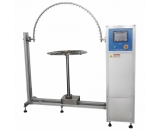

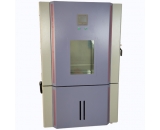
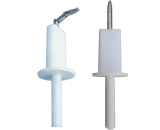
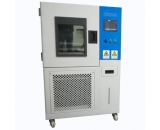
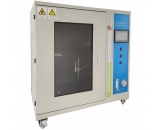
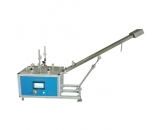
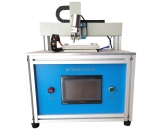
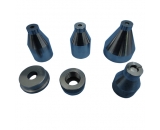
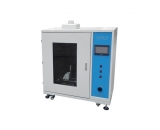
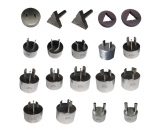
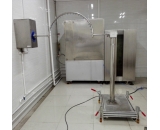
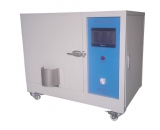
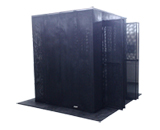



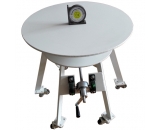
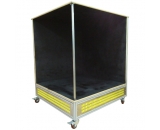
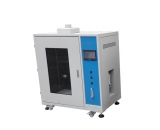
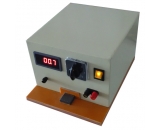


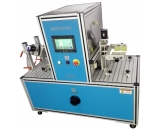
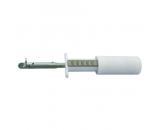
 提升卡
提升卡 置顶卡
置顶卡 沉默卡
沉默卡 喧嚣卡
喧嚣卡 变色卡
变色卡 抢沙发
抢沙发 千斤顶
千斤顶 显身卡
显身卡 楼主
楼主 同一个料,这三个温度通常不会相差太大吧?!
同一个料,这三个温度通常不会相差太大吧?! 刚好是150℃还是95℃的问题,
刚好是150℃还是95℃的问题,


